Latest Posts
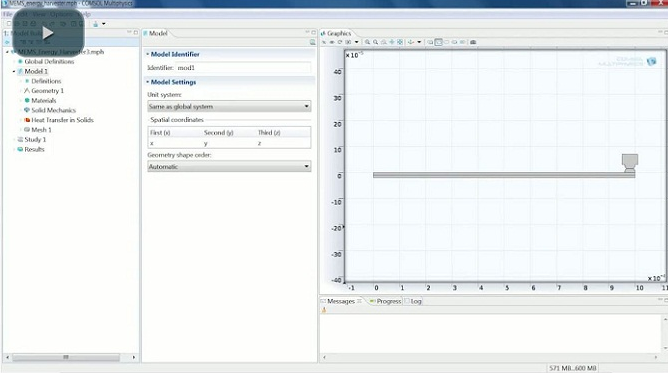
MEMS Energy Harvester for Reusing Waste Heat
Today we welcome another guest post from Kyle Koppenhoefer of AltaSim Technologies, a COMSOL Certified Consultant. In this entry he will discuss modeling MEMS energy harvesting devices. During our recent webinar with COMSOL on thermal-structure interaction modeling, we at AltaSim Technologies demonstrated modeling of a MEMS energy harvester that scavenges waste heat. Examples of sources for waste heat range from microprocessor chips, to internal combustion engines, to chemical processing plants. If the waste heat generated from these cases could be […]
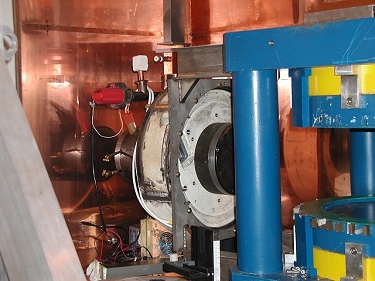
Hybrid Linac-MR for Real-Time Image-Guided Radiotherapy
A team of medical physicists at the Cross Cancer Institute in Alberta, Canada has come up with an innovative approach to treat cancer. In affiliation with The Linac-MR Project, the team led by Gino Fallone aims to improve the accuracy of cancer treatment by reducing damage to healthy tissue surrounding a tumor site, while ensuring the tumor receives the intended radiation dose. They are accomplishing this through the development of a hybrid linear particle accelerator (Linac) integrated with magnetic resonance […]
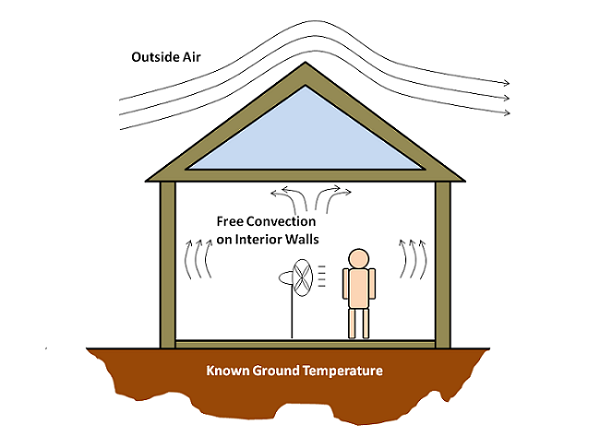
Using Global Equations: Modeling Room Air Temperature in a House
An interesting question came up the other day that I felt would make an excellent blog post since it allows us to discuss one of the very powerful, and often underutilized, features of COMSOL Multiphysics: the Global Equation. In this post, we will look at using global equations to introduce an additional degree of freedom to a model. This additional degree of freedom will represent something we do not want to model explicitly.

Thermoacoustics Simulation for More Robust Microphone Analysis
When performing an analysis on small-scale audio equipment, such as hearing aids, cell phones, and microphones, the obvious physical phenomenon that’s analyzed is pressure acoustics. However, there are other physics interactions that significantly affect these small devices, including electromechanical interactions and viscothermal losses. Most notably, thermoacoustics (the detailed modeling of acoustics including thermal conduction and viscous losses) is an often overlooked effect that can alter the results of a model. These effects are important in all devices with small length […]
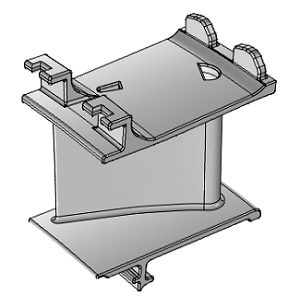
Simulating Thermal Stress in a Turbine Stator Blade
We can leverage simulation software to understand and optimize component design. Every simulation relies on a model that is a representation of the reality that the application finds itself in. Modeling enables us to represent this reality with enough detail to receive relevant information about the particular application or component. Let’s have a look at a thermal stress analysis of the turbine stator blade model from our Model Gallery and investigate the effects of heat transfer and thermal stress that […]
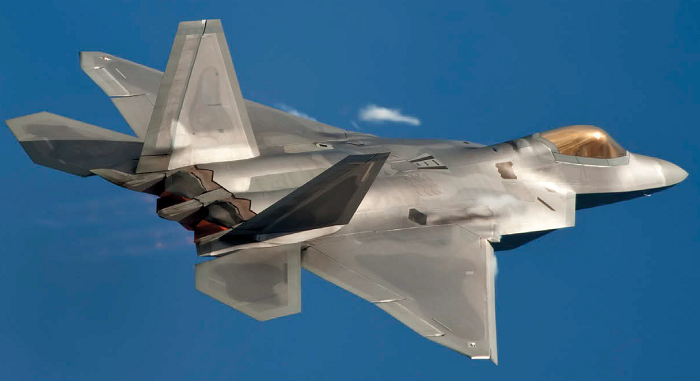
Flying Under the Radar with Altran Group’s Stealth Antenna Design
The unique properties of radio frequency (RF) electromagnetic radiation enabled countless innovations in recent decades, including the development of radar systems. Depending on the frequency, RF radiation can travel through solid insulating structures, typical atmospheric conditions, clouds, and rain with only minimal losses allowing for its use over long ranges and in varied weather conditions. The aerospace and defense industries have expanded and progressed rapidly as a result of using radar systems for detection and classification tasks to determine if […]
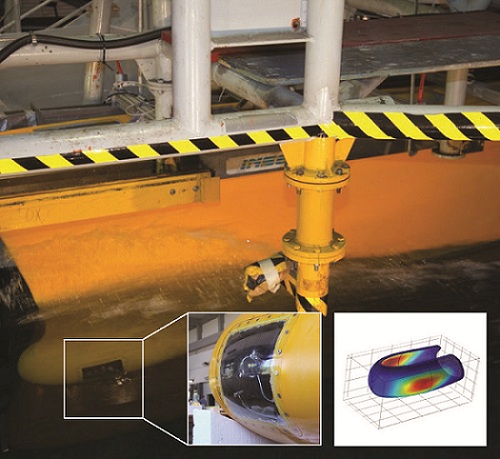
Starting Small with Sonar Dome Design
Starting the design process by testing on a small scale is often the best way to tackle issues affecting large objects, like a ship. Detailed in COMSOL News 2013, researchers at INSEAN, The Italian Ship Model Basin, used small-scale testing and then simulation to analyze the effect of placing a sonar system within the bulbous bow at the hull of a ship. Using a small-scale model of a bulbous bow, the researchers at INSEAN performed fluid-structure interaction experiments, and subsequently […]
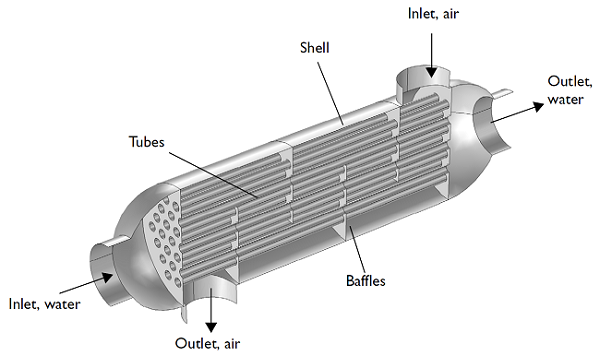
How to Model a Shell and Tube Heat Exchanger
Shell and tube heat exchangers are one of the most widely used type of heat exchanger in the processing industries (65% of the market according to H. S. Lee’s book, Thermal Design) and are commonly found in oil refineries, nuclear power plants, and other large-scale chemical processes. Additionally, they can be found in many engines and are used to cool hydraulic fluid and oil. There are a variety of different configurations for these heat exchangers, but their basic concept can […]
